Rosehip - a great source of vitamins, macro and micro elements, flavonoids, tannins, essential oils and organic acids. This plant is widely used by doctors, pharmacists, perfumers and home food and beverage manufacturers. People have learned to use and consume everything from the rosehip - from the roots to its fruits.
Alcoholic tinctures, infusions and teas can be made from the precious little fruits. The various potions and infusions from rose hips help to keep our body in good condition, also for the treatment of some diseases. However, it is important to know exactly how to process them and how to maximally extract the useful substances contained in the fruits and seeds of the plant.
Fresh rose hips obtained within a few weeks of ripening are most useful. Fresh fruit is delicate and requires gentle care to extract the vitamins, minerals and other natural components in the plant.
It is good before using them to wash them carefully and to remove the outer mossy and rough layer, which, if it gets into the throat, can cause itching, pain and even coughing. Press and mash the washed berries with a fork so that a mush-like mixture is obtained.
Put the mixture in a glass container, thermos or jar and pour warm water with a temperature of approximately 60°C. The ratio of water is 5 ml per gram weight of rosehip mixture.
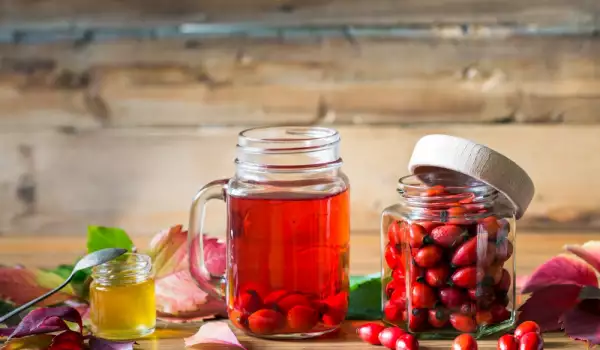
Close the glass container and leave it for 40 minutes, then strain it through cheesecloth or a fine sieve. Separate the liquid, and put the mixture in a pot and pour water. The ratio of water, mixture, this time is 1 tsp. of the mixture with 500 ml of water. Place it on the stove and boil the mixture with the water for half an hour.
Strain again, cool the liquid and mix it with the separated first infusion. When consuming, you can add honey and lemon. The healing properties of rose hips have been known to people for centuries. Centuries ago, healers had not heard of minerals, vitamins and flavonoids, but they knew rose hips as a remedy for many diseases.
They treated with rose hip decoctions scarlet fever, anemia, diarrhea, diseases of the gastrointestinal tract, bile problems and many others. Modern researchers have discovered in rose hips a huge reservoir of vitamins C, E, P, as well as trace elements such as manganese and copper.
However, there are also contraindications for using rose hips, people with gallstone disease, acute gastrointestinal diseases, allergies and thrombophlebitis should avoid the fruit.
It is important to know that the daily consumption of decoctions or infusions of rose hips is well monitored by nutritionists and doctors, it is also very important after using rosehip decoction to rinse your mouth with water so that it doesn't damage the tooth enamel, especially in children and pregnant women.
If you have rose hips on hand, read more:
- why should we drink rose hip tea;
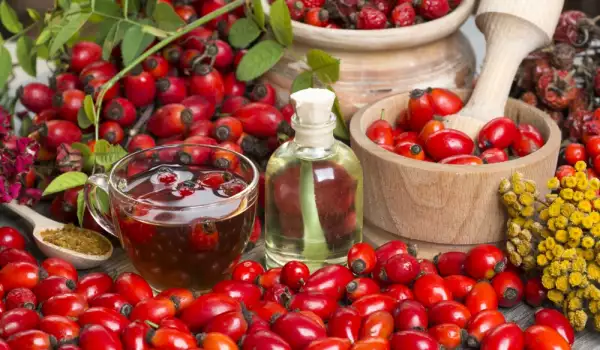

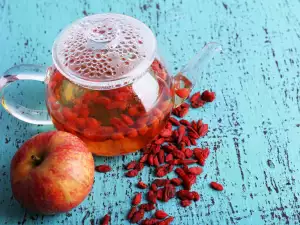




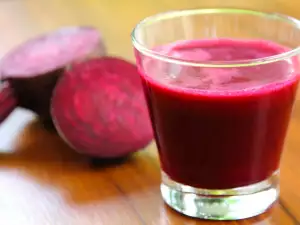



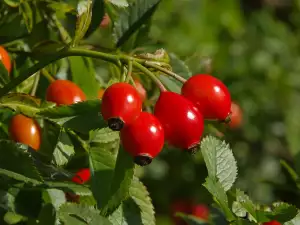
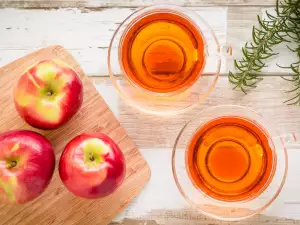

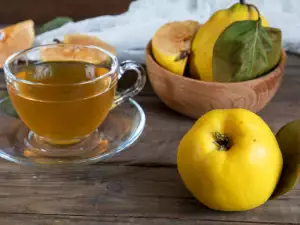
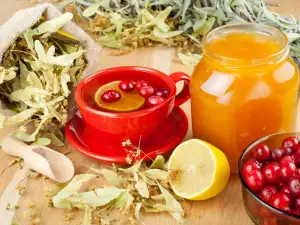




Comments